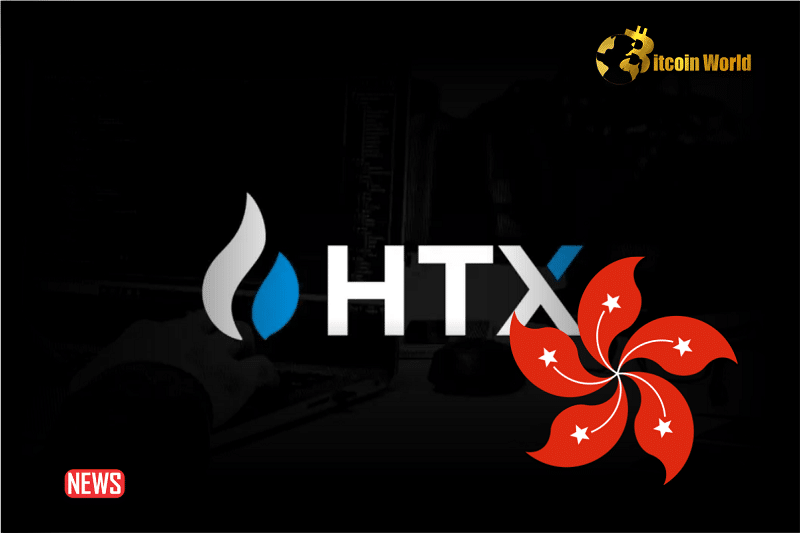- HTX crypto exchange has applied for a crypto license for its local branch in Hong Kong on Feb. 20, planning to operate HBGL Hong Kong Limited in the region.
Cryptocurrency exchange HTX (formerly Huobi) has joined the group of applicants seeking approval to start offering services in Hong Kong.
According to the Securities and Futures Commission’s (SFC) website, HTX wants to get a virtual asset trading platform (VATP) license for its local subsidiary called Huobi HK operated by HBGL Hong Kong Limited.
As a result, Huobi became the latest crypto company to seek a VATP license in Hong Kong after the local authorities announced a new regulatory regime in late 2022.
See Also: The Hong Kong Monetary Authority (HKMA) Issues Guidance For Firms Offering Crypto Custodial Services
HTX’s application comes shortly after Bybit, another crypto exchange, also filed an application seeking licensing from the SFC to operate in Hong Kong.
Despite the heightened interest from crypto companies, the SFC has granted licenses to only two exchanges in Hong Kong thus far. OSL and HashKey Exchange secured licenses in December 2020 and November 2022, respectively.
However, criticisms have emerged regarding the effectiveness of Hong Kong’s crypto approach. Wang Yang, vice president of the Hong Kong University of Science and Technology, voiced concerns about the existing licensing system, labeling it as burdensome and counterproductive.
He also coined the term “Licensed to Be Killed” to highlight the challenges faced by licensed exchanges such as OSL, which have encountered significant losses post-approval to operate in the region.
Disclaimer: The information provided is not trading advice. Bitcoinworld.co.in holds no liability for any investments made based on the information provided on this page. We strongly recommend independent research and/or consultation with a qualified professional before making any investment decisions.
#Binance #WRITE2EARN














